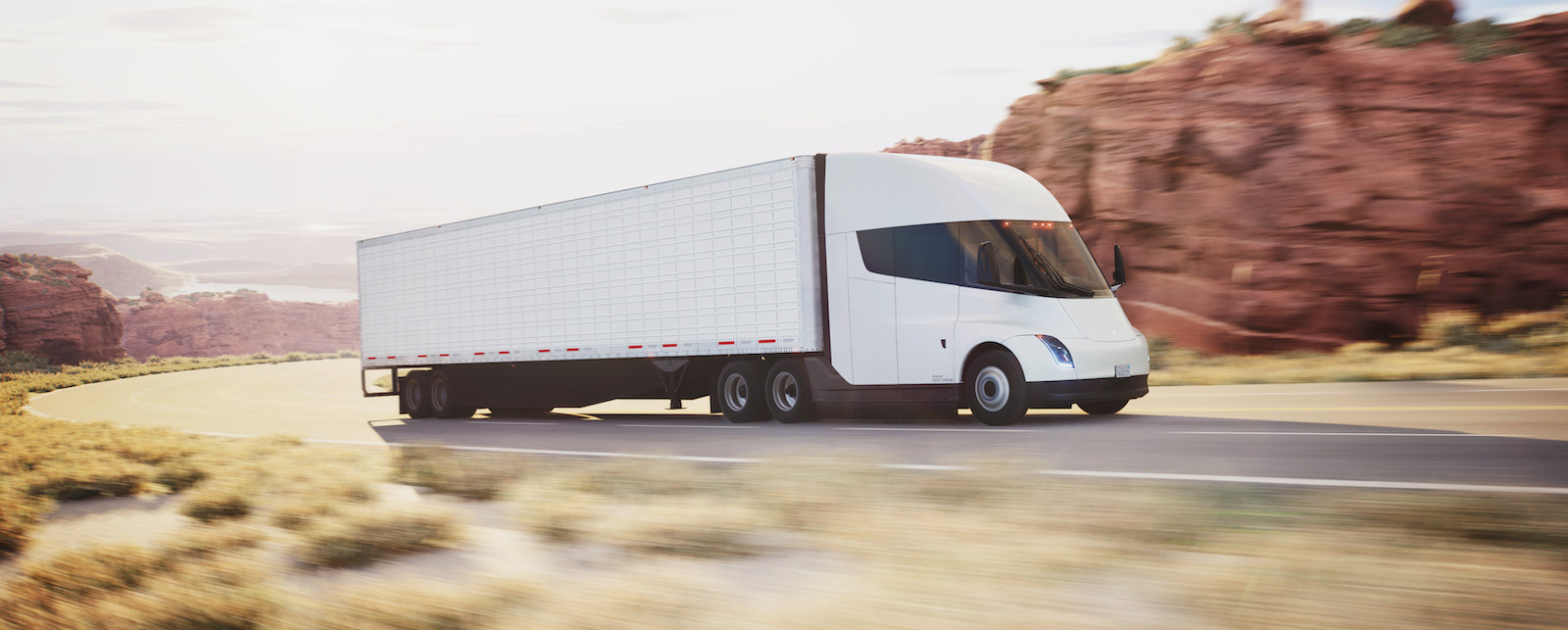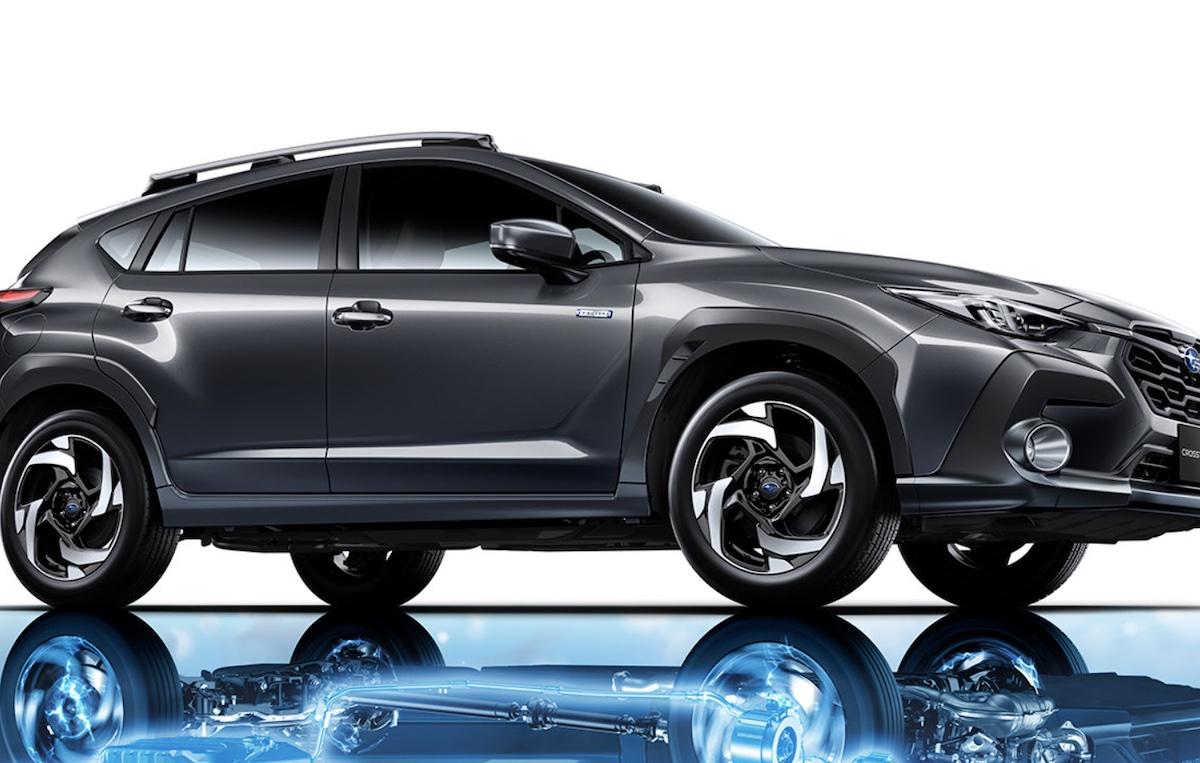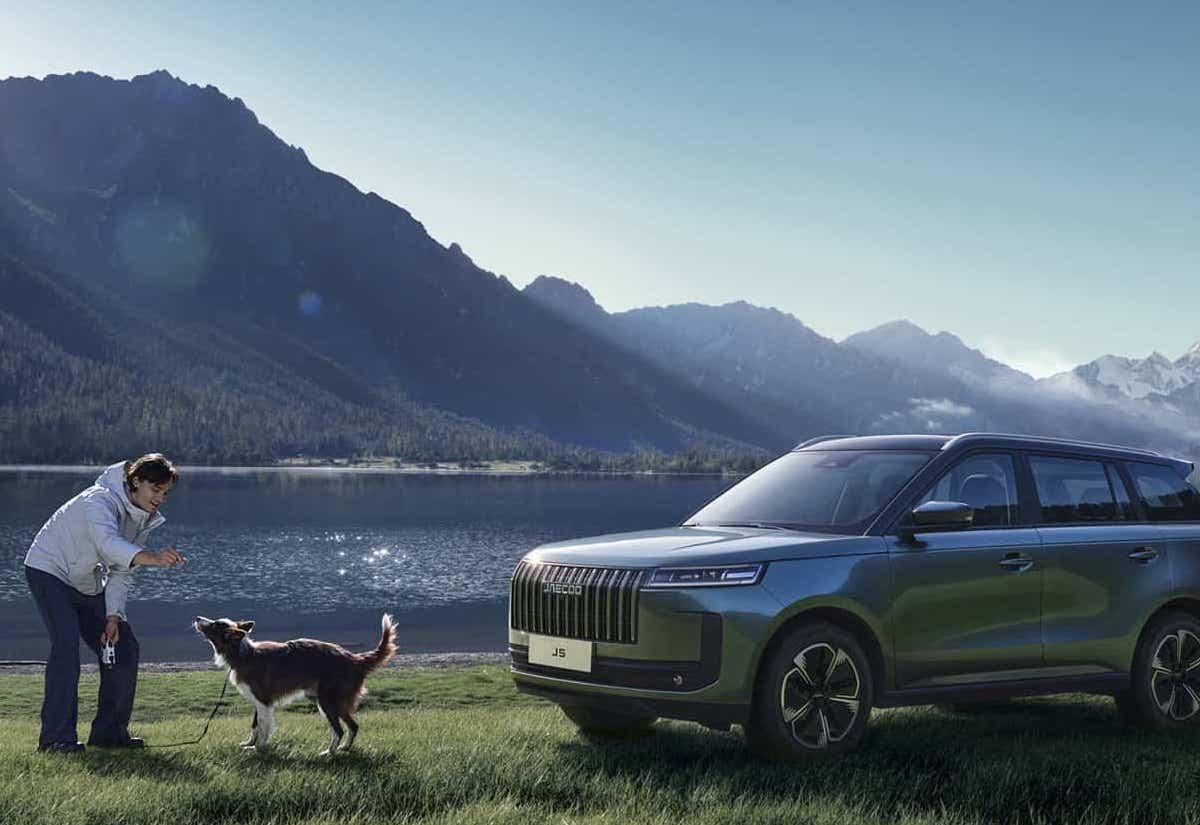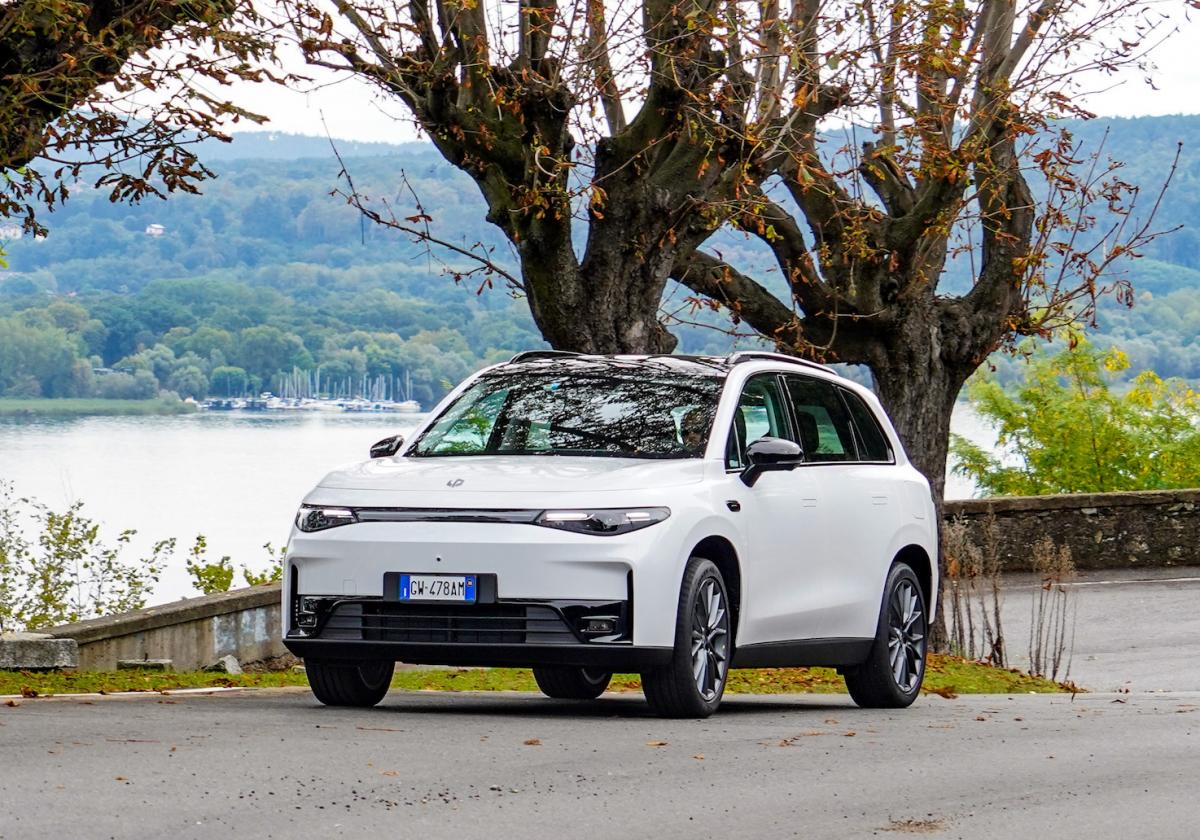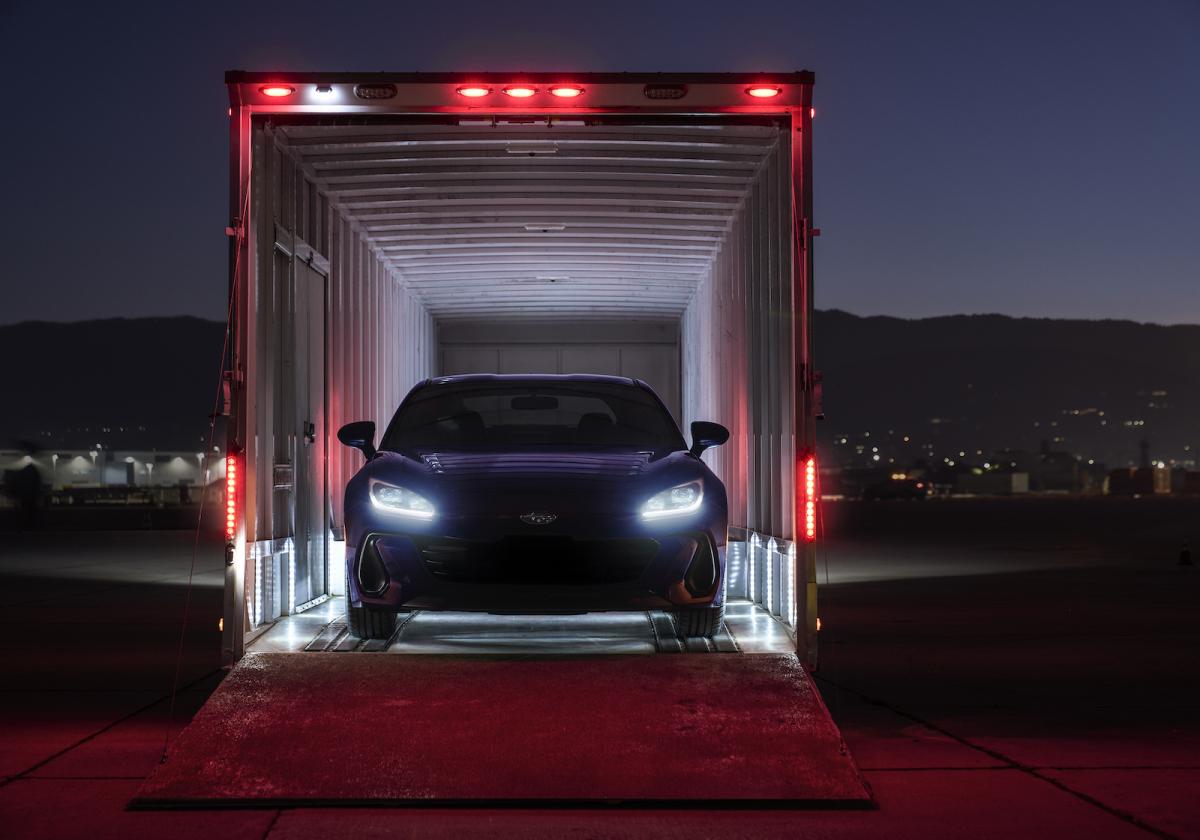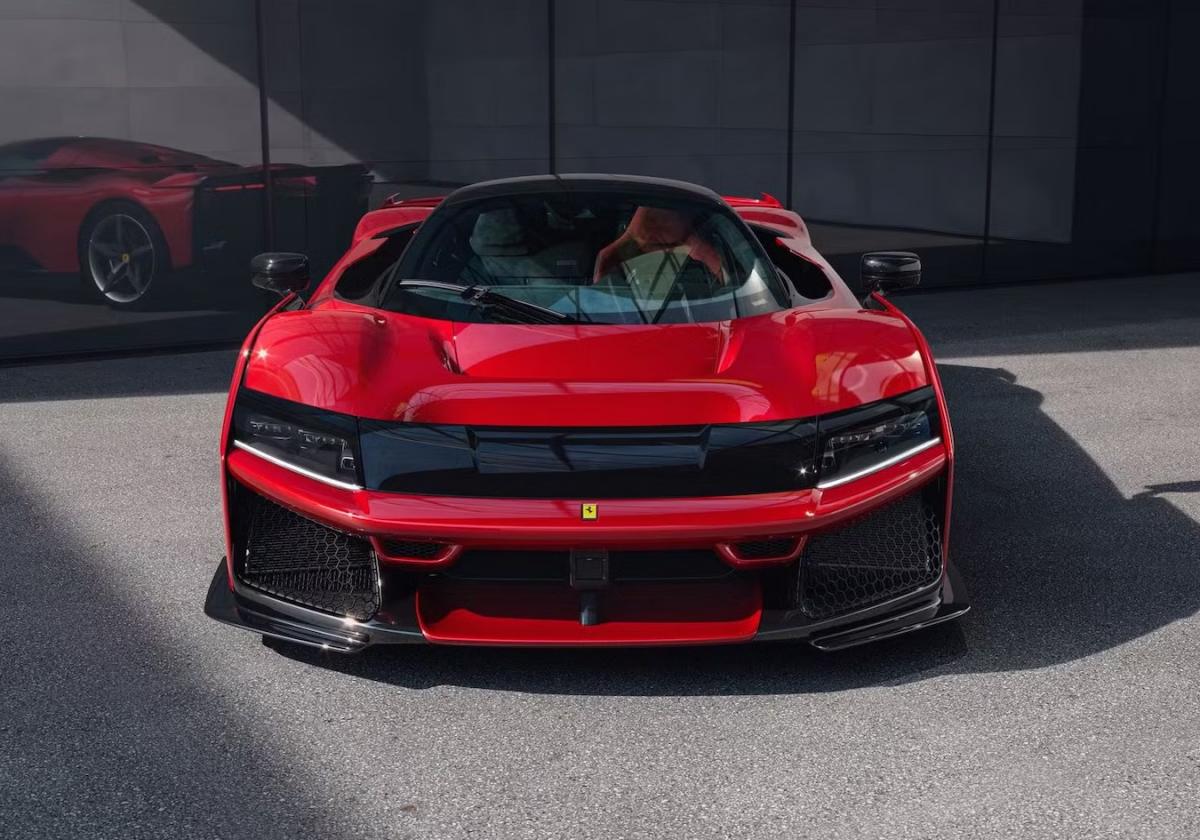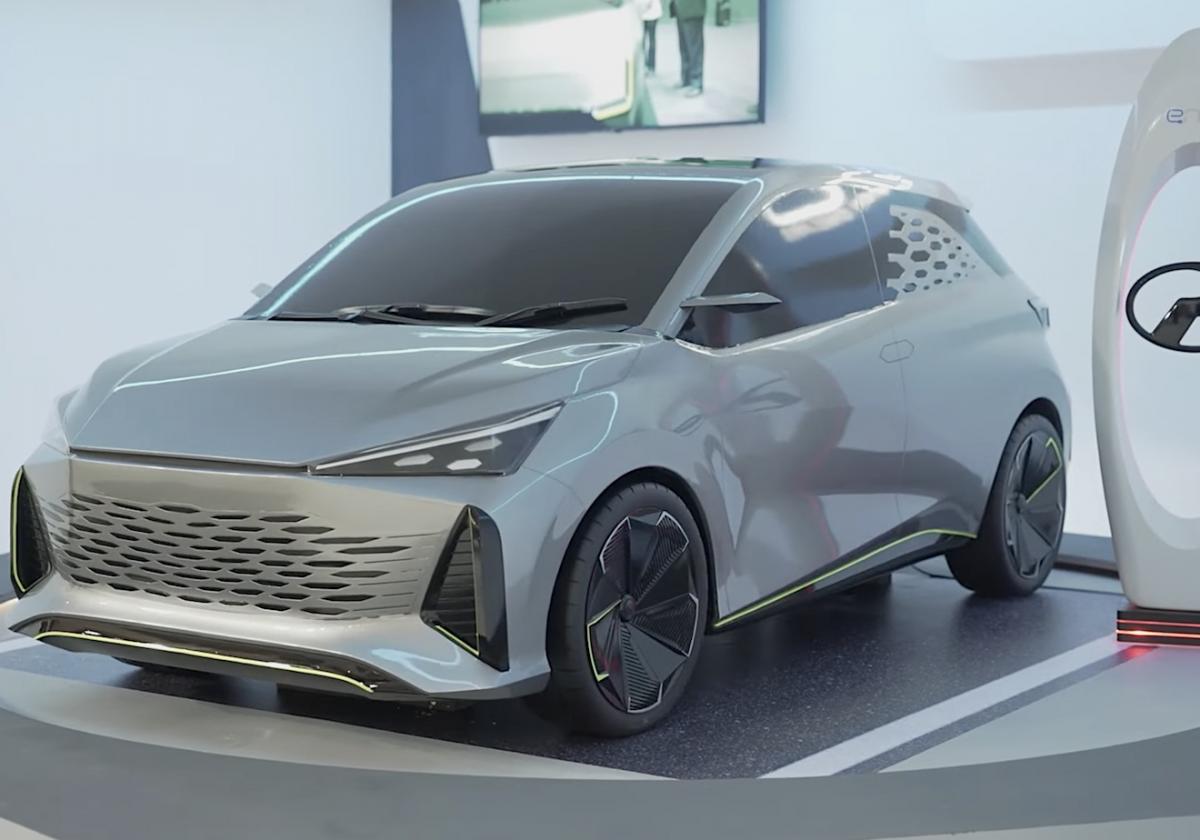- One source suggests that electric trucks like the Semi type are not practical for most freight haulers
- The larger the battery, the less cargo you can carry, while the heavier the cargo, the shorter the driving range. A dilemma.
- One Bill Gates-backed startup, Clearframe, aims to “take the dirty diesel fuel out of diesel engines” and replace it with cleaner-burning plant-based fuels.
Tesla launched its high-profile fully electric Semi truck last week and handed the first batch over to Pepsi. However, according to news site Axios, this type of transport isn’t very practical for most freight haulers under pressure to reduce their carbon footprint.
The reason? Driving what CEO Elon Musk calls “the most bad-ass rig on the road” doesn’t matter to commercial truck operators, who are more concerned about clearing tougher emissions targets as well as long-term reliability and total cost of ownership.
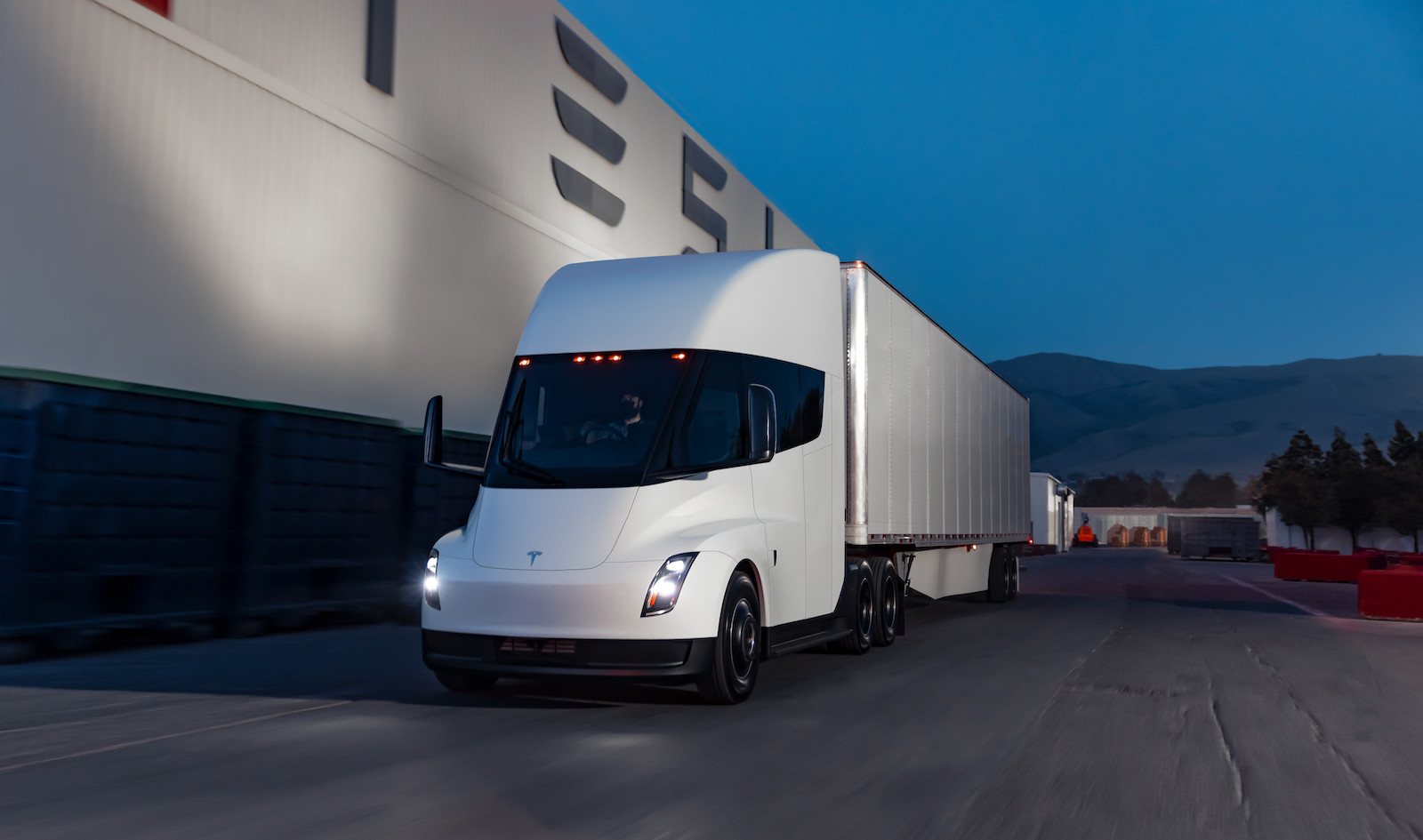
While Tesla’s electric powertrain offers an alternative to traditional diesel-powered trucks, other technologies such as natural gas, hydrogen fuel cells and even cleaner-burning, plant-based fuels in diesel engines could deliver better solutions than Tesla’s electric one.
After taking delivery of the first allotment of Semis, PepsiCo completed its virgin cargo run by delivering snacks from its Frito-Lay subsidiary to those attending Tesla’s launch event in Nevada.
Musk said the Semi completed a 500-mile drive on a single charge, with the Semi and cargo weighing in at 81,000 total pounds. But according to one source, Tesla omitted crucial information, including the truck’s empty weight — an important consideration for measuring its efficiency.
Speaking of weight, a Tesla Semi “fully loaded” with Doritos can go a lot further than a truck filled with cases of Pepsi.
“That’s not very impressive — moving a cargo of chips, with an average weight of 52 grams per pack, cannot in any way be said to be definitive proof of concept,” said Oliver Dixon, senior analyst at consultancy Guidehouse.
There’s a basic physics problem with electric trucks that goes straight to the operators’ bottom line. Hauling a fully-loaded 18-wheel tractor down the highway requires a lot of electricity. But batteries are big, heavy and expensive.
The larger the battery, the less cargo the truck can carry. The heavier the cargo, the shorter the driving range. Less cargo and range usually means less profit.
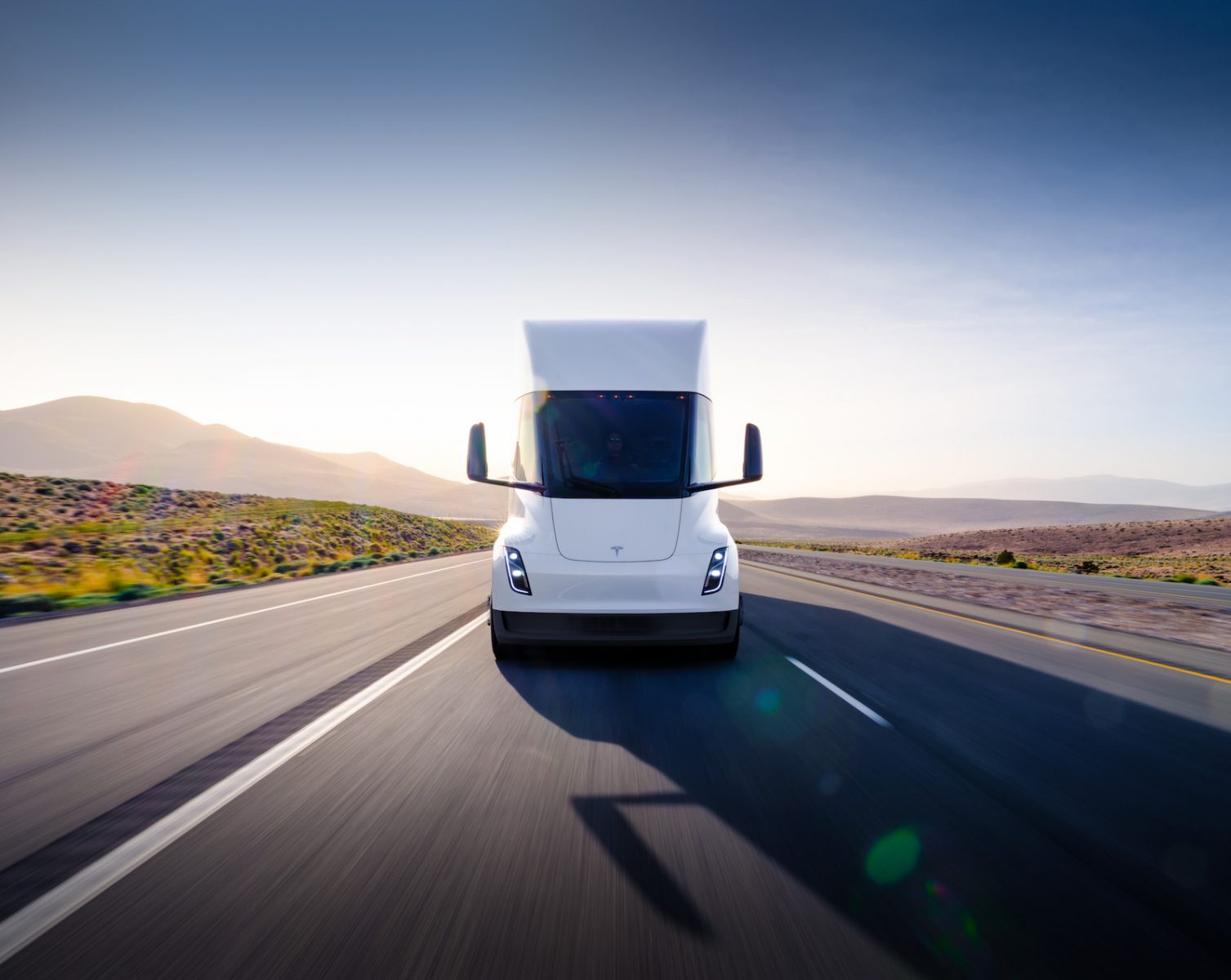
There are alternatives. One Bill Gates-backed startup, ClearFlame, is promoting a simpler way for freight haulers to meet sustainability goals using their existing diesel trucks. ClearFlame’s engine modification technology aims to “take the dirty diesel fuel out of diesel engines” and replace it with cleaner-burning plant-based fuels, like ethanol, methanol or ammonia.
The system is 30% to 40% less expensive than diesel, electric, natural gas or hydrogen on a total cost of ownership basis, says co-founder and CEO BJ Johnson.
ClearFlame estimates its system produces 42% lower carbon emissions than diesel, and 22% lower than battery electric vehicles, based on the country’s average mix of renewables and fossil fuels.
In a typical diesel engine, diesel fuel is injected into the combustion chamber and ignited by hot compressed air. Alternative fuels like ethanol and methanol require higher temperatures to burn. ClearFlame’s solution — with a few minor engine modifications — is to pipe the truck’s hot exhaust back into the combustion chamber, a system known as exhaust gas recirculation (EGR).
The technology is being tested in pilot fleets using ethanol, a widely-available fuel. It’s likely to take a mix of new technologies for truckers to cut emissions and meet sustainability targets.
OUR THOUGHTS
The Tesla Semi is an amazing piece of tech for sure. But it does not hold all the answers, as critics are pointing out. The figures show that electric trucks are not as efficient and capable as Musk would have us believe. EV trucks like the Semi are not very practical for most freight haulers under pressure to reduce their carbon footprint. Time will tell, but alternative fuels like cleaner-burning plant-based fuels, including ethanol, methanol, or ammonia, may offer an alternative answer.

